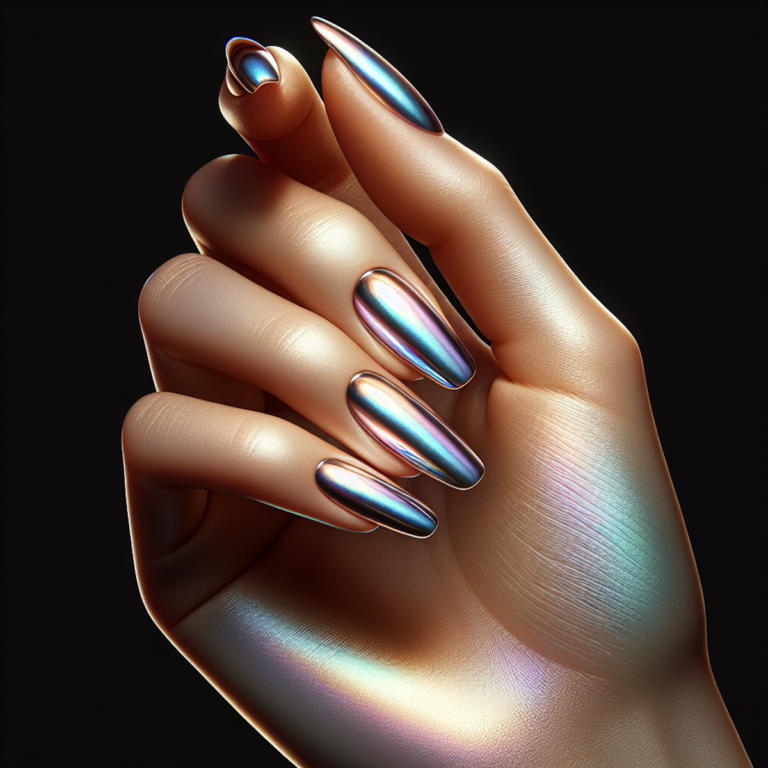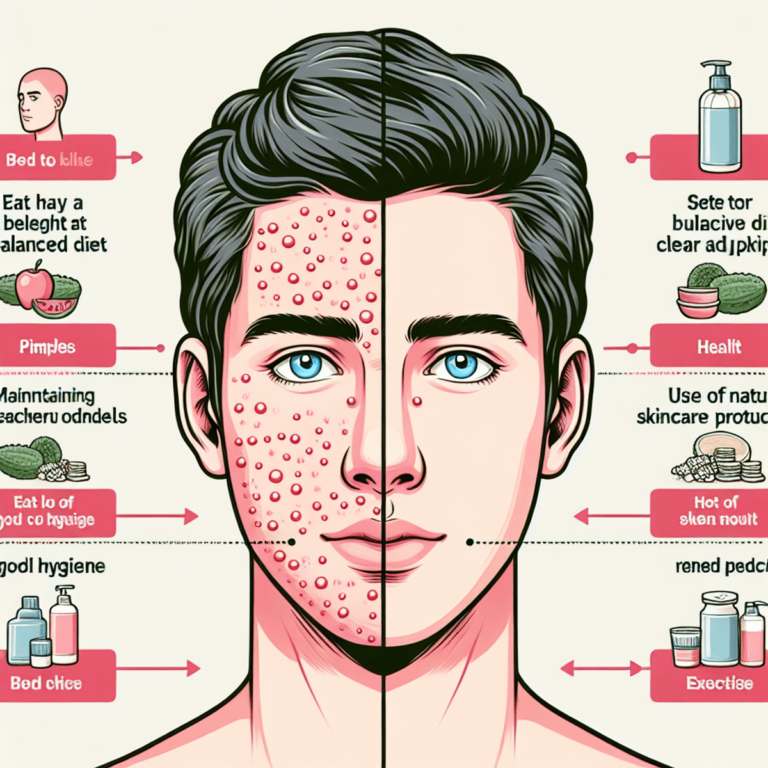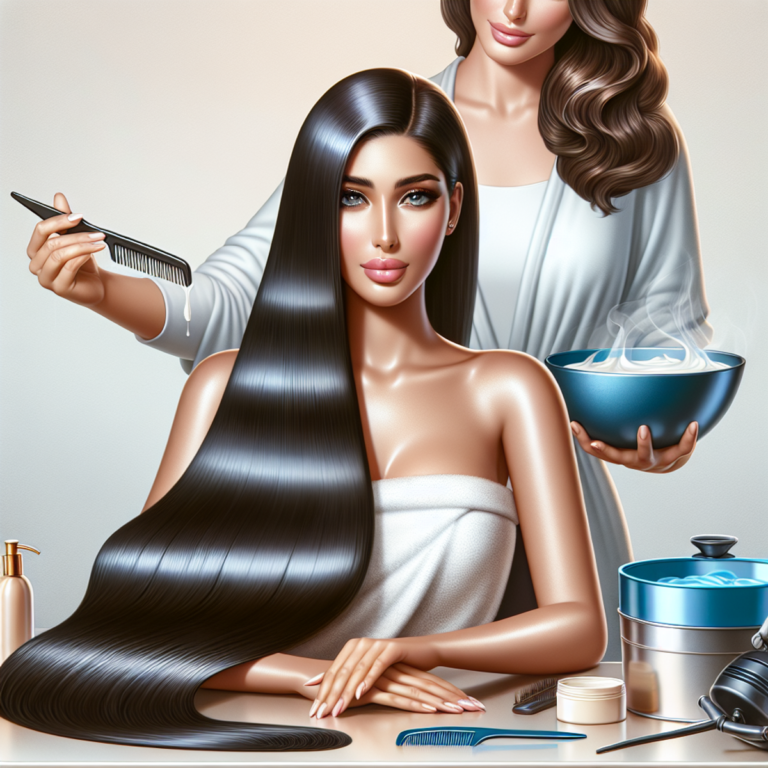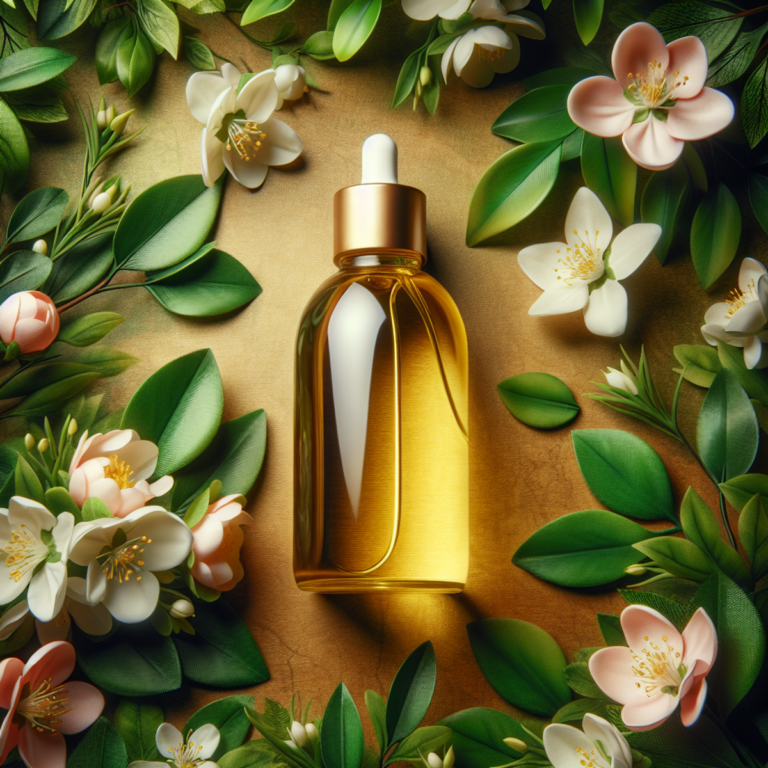Get rid of pimples with these simple home remedies!
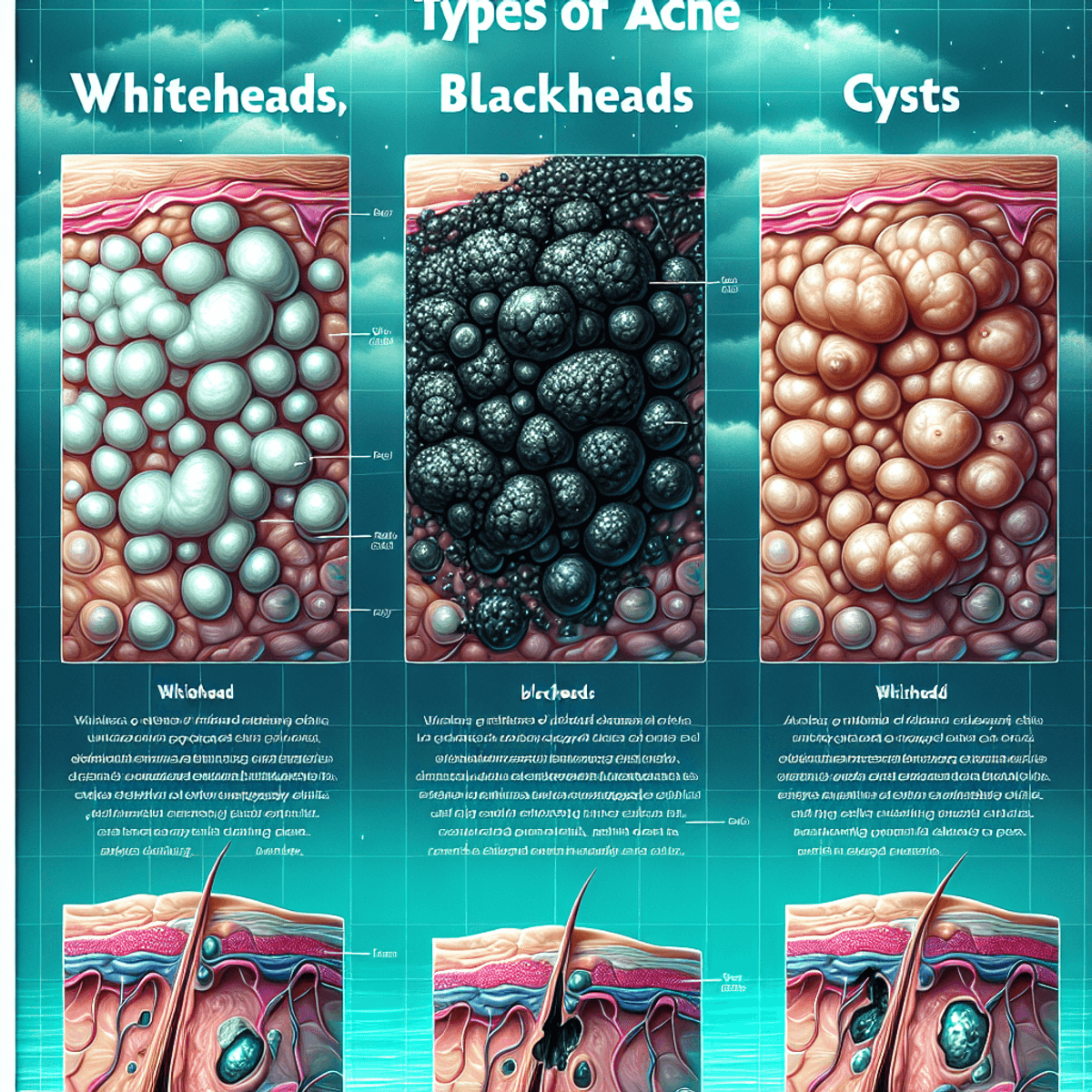
Get Rid of Pimples with These Simple Home Remedies!
Acne is a common problem that affects many people, especially teenagers and young adults. Dealing with pimples isn’t just about looking better; it’s also about feeling more confident. Effective acne treatment can make a big difference in how you see yourself.
There are many store-bought products for treating acne, but some people prefer to start with home remedies. Natural solutions are usually gentle on the skin and can be a great first step before trying stronger treatments.
What You’ll Learn from This Article:
- The basics of what causes pimples and acne.
- An overview of several popular home remedies.
- Step-by-step instructions on how to use these remedies effectively.
- Insights into the benefits and potential drawbacks of each method.
By exploring these natural options, you’ll gain a comprehensive understanding of how to get rid of pimples using simple yet effective home remedies.
Understanding Pimples and Acne
Acne is a common skin condition that can show up in different ways, like whiteheads, blackheads, and cysts. Each type of acne has its own characteristics:
- Whiteheads: These are closed comedones where pores are clogged with oil and dead skin cells.
- Blackheads: Open comedones appear black due to the oxidation of trapped oil and debris within the pore.
- Cysts: These are severe, painful, pus-filled lesions that form deep within the skin.
Hormonal changes, especially during puberty, play a significant role in acne development. During this period, the body experiences an increase in androgen hormones, which stimulate the sebaceous glands to produce more oil. This excess oil can clog pores, creating an environment conducive to breakouts.
Bacteria on the skin also contribute to acne formation. Propionibacterium acnes (P. acnes) is a bacterium commonly found on the skin’s surface. When pores become clogged with excess oil and dead skin cells, it creates an ideal breeding ground for P. acnes. The bacteria multiply within these blocked pores, leading to inflammation and the formation of pimples.
Understanding these underlying factors is crucial when exploring how to remove pimples naturally and permanently. By targeting oil production, bacterial growth, and inflammation through various home remedies or lifestyle adjustments, you can effectively manage and reduce acne outbreaks.
Do Home Remedies for Pimples Really Work?
Exploring natural remedies for acne can be a popular option for those searching for gentle yet effective solutions to combat mild acne. Unlike commercial products, these DIY treatments offer a more holistic approach by utilizing ingredients commonly found in your home.
Benefits of Home Remedies
1. Balance Oil Levels
Many natural ingredients help regulate the skin’s oil production. For instance, tea tree oil and apple cider vinegar work to reduce excess sebum, which can clog pores and lead to breakouts.
2. Reduce Inflammation
Inflammation plays a significant role in the formation of pimples. Ingredients like honey and aloe vera possess anti-inflammatory properties that can soothe irritated skin and lessen redness.
3. Antibacterial Properties
Some home remedies contain antibacterial agents that target acne-causing bacteria. Tea tree oil and honey are well-known for their ability to fight off harmful bacteria without harsh side effects.
Why Choose Home Remedies?
- Gentleness: Natural remedies often come with fewer side effects compared to conventional treatments, making them suitable for sensitive skin.
- Cost-Effectiveness: Most ingredients are affordable and readily available in your kitchen or local grocery store.
- Simplicity: DIY treatments usually require minimal preparation, allowing you to incorporate them easily into your skincare routine.
While these alternative skincare methods might not replace medical treatments for severe acne, they provide a viable starting point for anyone looking to manage mild breakouts naturally and effectively.
1. Tea Tree Oil: A Potent Antibacterial Agent Against Pimples
Tea tree oil is one of the best natural treatments for acne because it has antibacterial properties. It kills acne-causing bacteria without drying out your skin too much, making it a great option for those seeking gentle solutions. The oil comes from the leaves of the Melaleuca alternifolia plant, which is native to Australia, and has been used in traditional medicine for centuries.
Benefits of Tea Tree Oil
- Antibacterial Properties: Tea tree oil contains compounds such as terpinen-4-ol that have powerful antimicrobial effects. These components help eliminate Propionibacterium acnes (P. acnes), the bacteria responsible for acne breakouts.
- Anti-inflammatory Effects: In addition to killing bacteria, tea tree oil also reduces inflammation and redness associated with pimples.
- Non-Comedogenic: Unlike some other oils, tea tree oil does not clog pores, making it suitable for acne-prone skin.
How to Use Tea Tree Oil Safely
To get the benefits of tea tree oil without irritating your skin, follow these steps:
- Choose a Carrier Oil: Always dilute tea tree oil with a carrier oil to avoid skin irritation. Good options are jojoba oil and coconut oil.
- Dilution Ratio: Mix one part tea tree oil with nine parts carrier oil. For example, mix 1 teaspoon of tea tree oil with 9 teaspoons of jojoba or coconut oil.
- Patch Test: Before applying the mixture to your face, test it on a small area of your skin to make sure you don’t have any negative reactions.
- Application:
- Cleanse your face thoroughly before application.
- Using a cotton swab or clean fingers, apply the diluted tea tree oil directly onto the affected areas.
- Allow it to dry naturally; there’s no need to rinse it off.
By adding tea tree oil to your skincare routine, you can effectively fight mild acne while keeping your skin hydrated. This method provides a natural alternative to harsher treatments that may strip away essential oils from your skin.
2. Apple Cider Vinegar (ACV): A Multi-Tasking Toner for Your Skin and Breakouts
Apple cider vinegar (ACV) is a standout choice because it contains citric acid, which is great for exfoliating the skin. This can help clear out pores, get rid of dead skin cells, and stop new breakouts from happening. That’s why many people turn to ACV as a natural solution for acne.
Benefits of ACV for Acne
- Exfoliation: The citric acid in ACV helps to gently exfoliate the skin, removing dead cells that can clog pores and lead to pimples.
- Antibacterial Properties: ACV has natural antibacterial properties that can help kill the bacteria responsible for acne.
- Balancing pH Levels: Regular use of ACV can help balance the pH levels of the skin, creating an environment less conducive to acne formation.
How to Incorporate ACV into Your Skincare Routine
As a Toner
Using ACV as a toner is one of the most common ways to reap its benefits. Here’s how you can do it:
- Dilute ACV: Mix one part of apple cider vinegar with three parts water. If you have sensitive skin, consider adding more water.
- Apply: After cleansing your face, dip a cotton ball or pad into the diluted ACV solution and gently apply it to your face, avoiding the eye area.
- Let It Dry: Allow it to dry naturally before applying your moisturizer.
In DIY Face Masks
Incorporating ACV into DIY face masks can also enhance their effectiveness:
- Clay Mask: Add a few drops of diluted ACV to a clay mask mixture. This combination can help draw out impurities while balancing oil production.
- Honey and ACV Mask: Mix equal parts raw honey and diluted ACV for a soothing mask that combines the antibacterial properties of both ingredients.
Precautions
While using ACV for acne can be beneficial, it’s essential to take precautions:
- Patch Test: Always perform a patch test on a small area of skin before applying it to your entire face.
- Avoid Overuse: Using ACV too frequently can lead to dryness and irritation. Start with once or twice a week and adjust based on your skin’s response.
By trying these methods, you can effectively integrate apple cider vinegar into your skincare routine, helping you manage breakouts naturally while promoting overall skin health.
Not Just for Skin
Interestingly, the benefits of apple cider vinegar aren’t limited to skincare alone. It’s also known for its potential advantages in hair care. So whether you’re looking to improve your skin health or seeking solutions for hair issues such as dandruff or lackluster hair, ACV could be your go-to multi-tasking solution!
3. Honey: Nature’s Sweet Solution with Healing Powers for Pimples
Honey has long been revered for its ability to retain moisture in the skin. This characteristic is especially beneficial for those dealing with pimples, as keeping the skin hydrated can prevent it from overproducing oil—a common cause of acne.
Antimicrobial Effects
One of the standout features of honey is its antimicrobial effects. Honey contains hydrogen peroxide, which helps fight off harmful bacteria responsible for causing infections in existing pimples. By reducing bacterial presence, honey not only aids in healing current breakouts but also prevents new ones from forming.
Application Methods
Depending on your personal preference, there are several ways to incorporate honey into your skincare routine:
- Raw Honey: Apply a small amount of raw honey directly onto blemishes. Leave it on for 15-20 minutes before rinsing off with warm water. This method is simple and effective, making it a popular choice.
- Honey and Turmeric: Mix one teaspoon of honey with a pinch of turmeric powder. Turmeric adds anti-inflammatory benefits, enhancing honey’s effects. Apply this mixture to affected areas and leave it on for 10-15 minutes before rinsing.
- Honey and Lemon Juice: Combine one teaspoon of honey with a few drops of lemon juice. Lemon juice acts as a natural exfoliant and can help lighten acne scars. Apply this blend to your skin, let it sit for about 10 minutes, then rinse thoroughly.
Tips for Best Results
- Choose raw or organic honey to ensure you’re getting the most potent form.
- Perform a patch test first to check for any allergic reactions.
- Use these remedies consistently but monitor how your skin responds; sometimes less is more when dealing with sensitive skin.
By incorporating honey into your skincare routine, you leverage its natural properties to combat acne effectively while keeping your skin moisturized and healthy.
4. Zinc: An Essential Mineral for Clearer Complexion and Pimples Control
Zinc plays a significant role in maintaining skin health and managing acne. As an anti-inflammatory agent, zinc helps to control the production of sebum, the oily substance that can clog pores and lead to pimples. By regulating hormone levels associated with sebum production, zinc becomes an essential mineral in managing active breakouts from within.
Internal Benefits of Zinc for Acne
Zinc helps to:
- Regulate Hormone Levels: Hormonal imbalances can trigger excess oil production. Zinc balances these hormones, reducing the likelihood of clogged pores.
- Reduce Inflammation: Its anti-inflammatory properties help soothe irritated skin and reduce redness and swelling associated with pimples.
- Boost Immune Function: A strong immune system can fight off bacteria that contribute to acne.
Dietary Sources Rich in Zinc
Incorporating zinc-rich foods into your diet can support clearer skin from the inside out. Some excellent sources of zinc include:
- Nuts and Seeds: Pumpkin seeds, sesame seeds, and cashews are high in zinc.
- Legumes: Chickpeas, lentils, and beans provide a good amount of this mineral.
- Meat and Seafood: Red meat, poultry, oysters, and other shellfish are rich sources.
- Dairy Products: Cheese and milk also contain zinc.
For more information on dietary sources rich in zinc, you can refer to this detailed guide from the Oregon State University.
Topical Formulations with Zinc
For more targeted treatment, topical formulations containing zinc can be applied directly onto stubborn spots. These products often come in the form of:
- Zinc Oxide Creams: Known for its soothing properties, zinc oxide is commonly used to calm irritated skin.
- Zinc PCA (Pyrrolidone Carboxylic Acid): This compound controls sebum production while retaining moisture in the skin.
- Over-the-Counter Zinc Treatments: Available as gels or lotions specifically designed for acne-prone skin.
Incorporating both dietary sources and topical applications of zinc into your skincare routine can significantly enhance your efforts to get rid of pimples with these simple home remedies!
Moreover, recent studies suggest that zinc’s role extends beyond just acne management, showcasing its potential benefits in various other health domains as well.
5. Aloe Vera: Your Go-To Soothing Gel After Popping That Pimple!
Aloe vera is not just great for basic skin hydration; it has many other benefits too. This plant is well-known for its calming properties, making it an excellent solution for soothing irritated skin and helping post-acne marks heal faster once the pimples are completely gone.
Benefits of Aloe Vera for Acne
- Soothing Irritation: Aloe vera’s anti-inflammatory compounds help to reduce redness and swelling, particularly beneficial after popping a pimple.
- Healing Properties: The gel’s rich content of vitamins, minerals, and antioxidants aids in the skin’s regeneration process, helping to heal acne scars more rapidly.
- Moisturizing: Unlike many acne treatments that can dry out the skin, aloe vera provides hydration without clogging pores.
How to Incorporate Aloe Vera into Your Skincare Routine
Pure aloe vera gel can be integrated into your daily regimen in various ways. Here are a few methods:
1. Direct Application
- Extract fresh gel from an aloe vera leaf.
- Apply a thin layer directly onto the affected area.
- Leave it on for 20-30 minutes before rinsing with lukewarm water.
2. Aloe Vera Mask
- Combine 1 tablespoon of aloe vera gel with chamomile extract for added soothing effects.
- Apply evenly across the face.
- Let it sit for 15-20 minutes before washing off.
3. Moisturizer
- Use aloe vera gel as a lightweight moisturizer.
- It can be applied after cleansing and toning your face.
- Suitable for both morning and night routines.
4. Spot Treatment
- Mix aloe vera gel with tea tree oil (diluted) for an enhanced spot treatment.
- Apply directly onto pimples to benefit from antibacterial properties while soothing inflammation.
Tips for Using Aloe Vera
- Always perform a patch test before using new products to ensure no allergic reactions occur.
- Opt for organic, pure aloe vera gel without added chemicals or preservatives.
- Store extracted gel in an airtight container in the refrigerator to preserve its effectiveness.
Aloe vera benefits make it an invaluable addition to your acne-fighting arsenal, providing natural relief and aiding skin recovery without harsh chemicals.
6. Green Tea: Sip Your Way To Clearer Skin From Within!
Green tea, known for its powerful antioxidant properties, can be a game-changer in your battle against pimples. The antioxidants in green tea help combat oxidative stress, which is one of the contributing factors to acne formation.
Benefits of Green Tea for Acne
- Antioxidant Powerhouse: Green tea is rich in polyphenols, specifically catechins such as EGCG (epigallocatechin gallate). These compounds neutralize free radicals that damage skin cells and lead to inflammation.
- Sebum Production Reduction: One of the critical benefits of green tea is its ability to regulate sebum production. It inhibits an enzyme called lipase, responsible for breaking down triglycerides found within sebaceous glands. This action helps control excess oiliness on the skin’s surface.
- Anti-inflammatory Properties: The anti-inflammatory nature of green tea soothes irritated skin and reduces redness associated with pimples.
How to Use Green Tea for Acne
Topical Application
- Green Tea Toner: Brew a cup of green tea and let it cool. Use it as a toner by applying it to your face with a cotton pad after cleansing.
- DIY Face Mask: Mix green tea leaves with honey or yogurt to create a soothing face mask. Apply it to your face, leave it on for 15-20 minutes, then rinse off with lukewarm water.
Internal Consumption
- Daily Beverage: Drinking 2-3 cups of green tea daily can provide systemic benefits, helping reduce overall inflammation and balancing hormone levels which can influence acne severity.
Practical Tips
- Opt for organic green tea to avoid pesticides and other chemicals that may irritate your skin.
- Test a small patch of skin before using green tea topically to ensure you do not have any adverse reactions.
- Consistency is key; incorporate green tea into your routine regularly for noticeable results.
By integrating green tea into both your skincare regimen and diet, you can harness its dual benefits in combating acne effectively. Furthermore, studies have shown that green tea has been linked to significant improvements in acne due to its unique properties.
Lifestyle Changes To Prevent Future Breakouts
Addressing acne isn’t just about applying remedies; changing your daily habits can make a big difference. Practicing good hygiene, like washing pillowcases regularly, helps reduce the buildup of bacteria and dirt that can clog pores.
Avoid touching your face frequently during the day. Your hands touch countless surfaces and can easily transfer dirt and oils to your skin, potentially causing new spots to appear overnight.
Investing in high-quality non-comedogenic makeup brands is another crucial step. These products are specifically formulated to avoid clogging pores, thereby preventing further aggravation of existing concerns.
Here are some additional lifestyle adjustments for better skin health:
- Manage Stress Levels: High stress can lead to increased oil production, which triggers breakouts. Techniques like yoga, meditation, or even simple breathing exercises can be beneficial.
- Stay Hydrated: Drinking plenty of water helps maintain skin hydration and can flush out toxins that may contribute to acne.
- Healthy Diet: Incorporate foods rich in antioxidants and avoid high-glycemic foods that can spike insulin levels and trigger acne.
- Proper Skincare Routine: Use gentle cleansers and moisturizers suitable for your skin type. Consistent cleansing helps keep pores clear of oil and debris.
By combining these lifestyle changes with effective home remedies, you increase your chances of achieving clearer, healthier skin.
Dietary Adjustments For Long-Term Acne Management Success!
Certain foods might trigger inflammatory responses, leading to frequent flare-ups. Keeping track of what you consume becomes crucial for maintaining a clear complexion over the long run.
Low Glycemic Index Meal Plan
Adopting a low glycemic index (GI) meal plan can help manage acne. This involves avoiding:
- Refined carbohydrates
- Sugary snacks
- Heavily processed items
These foods can cause blood sugar spikes, leading to increased insulin levels that contribute to higher sebum production. Stabilizing blood sugar levels helps prevent blockages in pore walls.
Dairy Intake Reduction
Reducing dairy intake is another strategy. Some studies suggest a link between dairy products and acne severity due to the presence of hormones and bioactive molecules in milk that may exacerbate breakouts.
Practical Tips
- Monitor your diet for any potential triggers.
- Incorporate whole grains, fruits, vegetables, and lean proteins.
- Stay hydrated by drinking plenty of water.
By making these dietary adjustments, you can support your skin’s health from within and enhance the effectiveness of home remedies aimed at getting rid of pimples!
FAQs (Frequently Asked Questions)
What are some common causes of pimples?
Pimples, or acne, can be caused by various factors including hormonal changes during puberty that increase oil production in the skin, the presence of bacteria that trigger inflammation, and clogged pores due to excess sebum and dead skin cells.
Do home remedies for pimples really work?
Yes, home remedies can be effective for mild acne. They often help restore balance to the skin by regulating oil levels and reducing inflammation without the harsh effects of commercial products.
How can tea tree oil help in treating pimples?
Tea tree oil is known for its potent antibacterial properties that target acne-causing bacteria without over-drying the skin. It can be used topically when diluted with a carrier oil like jojoba or coconut oil.
What role does diet play in managing acne?
Diet can significantly impact acne management. Foods with a high glycemic index, as well as dairy products, may trigger inflammatory responses leading to breakouts. A low glycemic diet can help stabilize blood sugar levels and reduce sebum production.
Can aloe vera help with post-acne marks?
Absolutely! Aloe vera is renowned for its soothing properties and can promote faster healing of post-acne marks. It can be applied directly or mixed with other soothing botanicals to enhance its effects.
What lifestyle changes can prevent future breakouts?
To prevent future breakouts, it’s important to maintain good hygiene by regularly washing pillowcases and avoiding touching your face. Additionally, using non-comedogenic skincare products can help prevent clogged pores.


